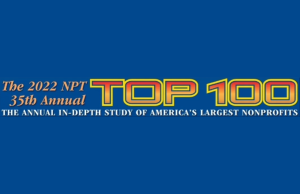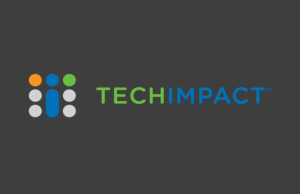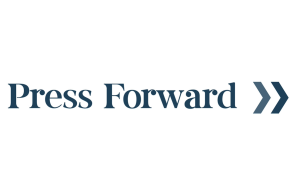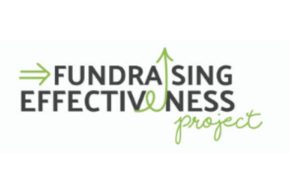Hate crimes, bias incidents, and hate speech across American society all have been rising during the past few years. Data from federal agencies, advocacy organizations, and university-based researchers show an increased number of mass shootings, attacks on houses of worship, and a resurgence in white supremacist activity.
Leaders in philanthropy have also recognized the need to combat the problem of hate-funding in the sector. According to a new report from the Council on American Islamic Relations (CAIR), the Southern Poverty Law Center (SPLC), and the American Muslim Fund, donor-advised funds (DAFs) have been used to anonymize and directly fund hate groups operating as 501(c)(3) tax-exempt organizations.
The document is the product of a high level, closed-door symposium composed of more than three dozen practitioners, advocates, and scholars in the philanthropic sector, convened in August 2019 by the three groups. According to the authors, the white paper focuses on the role that community foundations can play in combating hate-funding. It includes four key areas:
1. The problem of hate-funding for philanthropic institutions;
2. Understanding Donor-Advised Funds’ role in hate-funding;
3. Progress in other sectors, especially the technology sector, in adopting comprehensive anti-hate policies; and,
4. Developing a shared framework for sector-wide reform.
The white paper aims to help decision-makers accelerate existing efforts to address the complex problem of hate-funding in philanthropy, according to the authors, which they say is a “first step in a long journey to ensure that philanthropy remains true to its mission of enhancing the public good rather than be subverted by forces that enact an America at odds with its fundamental ideals and promise.”
The consensus among stakeholders was that DAFs in and of themselves are not the problem, but that there are a number of issues surrounding them. Among the most important concerns were the way DAFs enable consolidation of wealth (due to the lack of regulated payout rates) and provide a screen of anonymity for donors.
Although there was recognition among leaders in community foundations, nonprofits, and commercially-backed DAF sponsors that DAFs have radically changed the landscape of philanthropy during the past decade, most experts agreed that efforts to aggressively regulate them are destined to fail and would cause more harm than good to the charitable sector as a whole. On the positive side, others noted that DAFs have contributed to the democratization of institutional charity, allowing people who are not wealthy to become philanthropists.
The white paper has nine key recommendations. To see the full white paper, go to
https://bit.ly/2PZkY2Q











